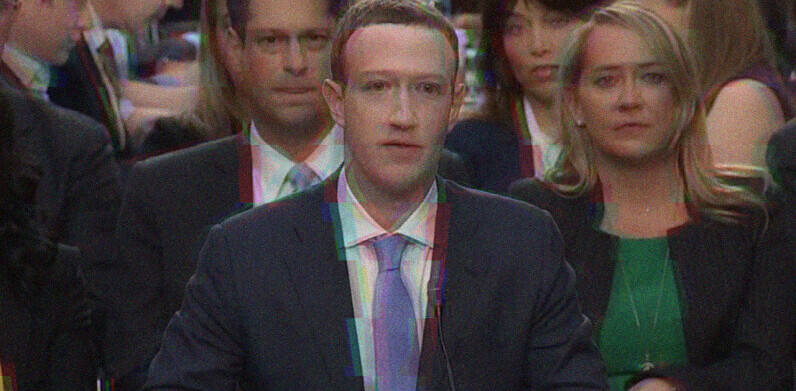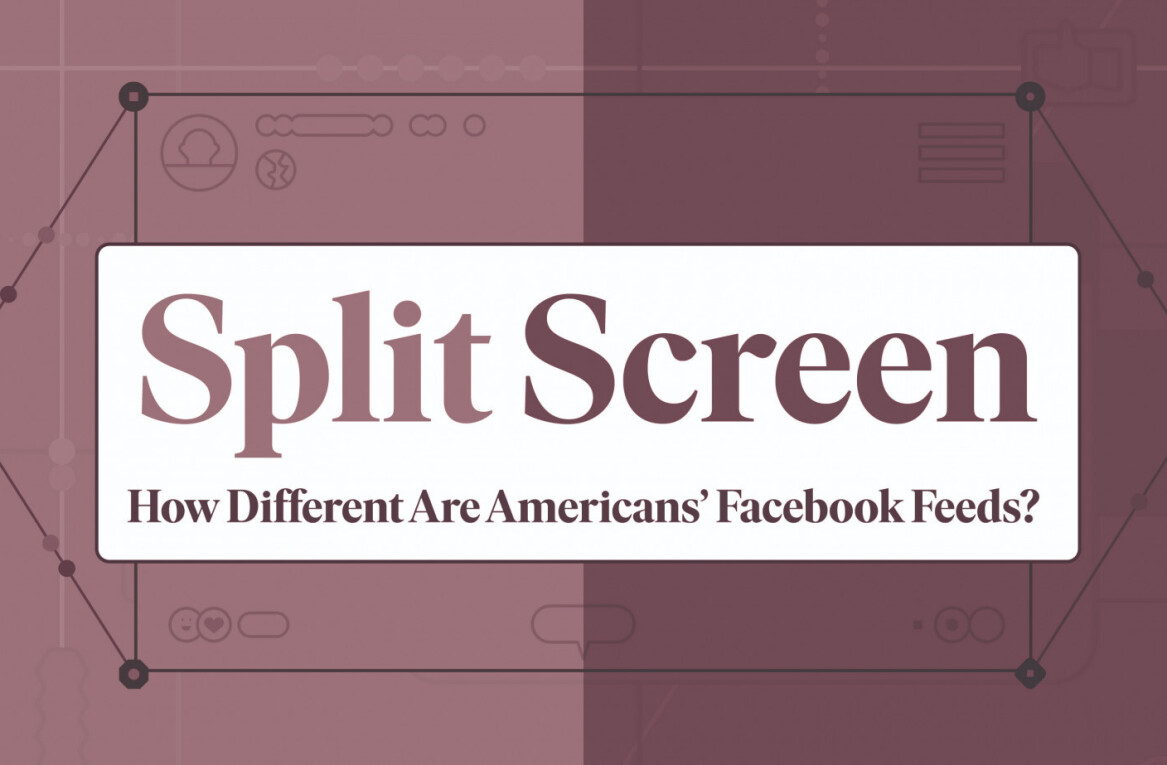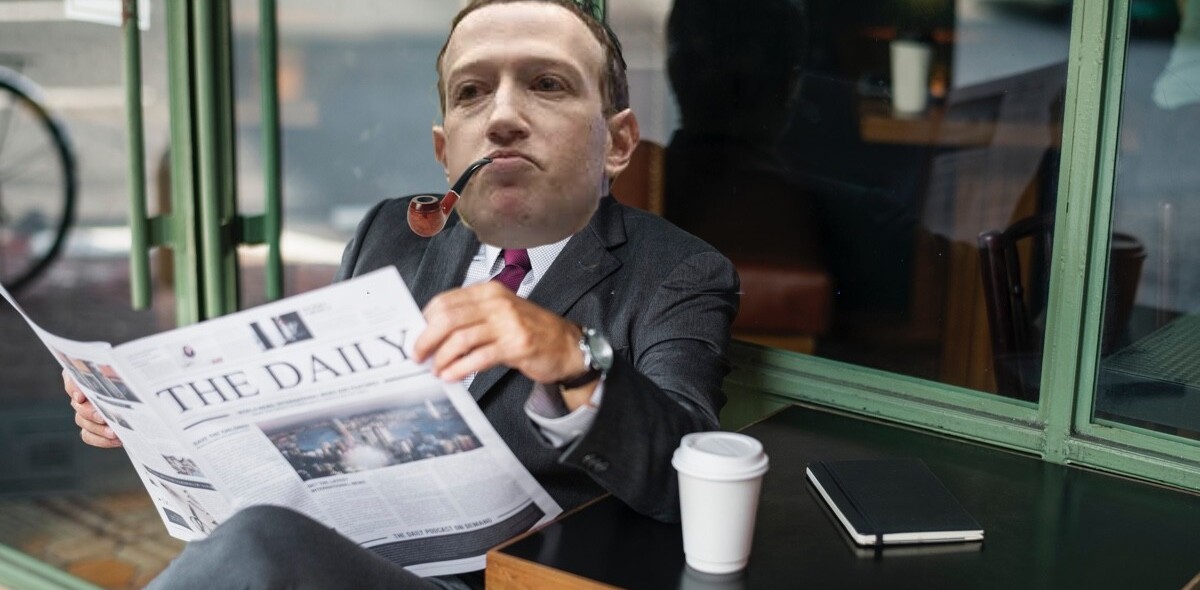
 A day after announcing the new Facebook Messages, Mark Zuckerberg took the stage at the Web 2.0 Summit in San Francisco today. Here is a look at some of the key points brought up during tonight’s discussion.
A day after announcing the new Facebook Messages, Mark Zuckerberg took the stage at the Web 2.0 Summit in San Francisco today. Here is a look at some of the key points brought up during tonight’s discussion.
On Facebook Messages
If you missed yesterday’s announcement, but caught today’s, you’ll be happy to know that Zuckerberg recycled his speech and anecdotes from yesterday when questioned about what Facebook Messages was and what he hopes it will do. If you missed both, Zuckerberg talked to the audience about how his girlfriend’s sister, who is in high school, complained that she and her friends didn’t really use email even though they had accounts.
When pressed for why, she exclaimed that it was too slow. Too slow? Well, what she meant was that it was too formal and that is where Zuckerberg hopes Facebook Messages fits in. It’s less formal than email because it doesn’t have subject lines, no threads and it has more of an IM feel to it. Add in some SMS and this is what the messaging of the future will resemble.
According to Mark, of course.
On Privacy
Host John Battelle led into this by saying that Facebook doesn’t ask for permission, it asks for forgiveness when it comes to user privacy. It keeps pushing until voices start complaining and then it changes and says sorry. After a little discussion and prodding, Zuckerberg made one of his first interesting quotes of the night when, in regards to the ban on the email address download policy he said:
I’m not sure we’re 100% right on this but we’re trying to think through all of these things.
On Advertising/Competition
Battelle then shifted into the Facebook advertising model and its competition, noting that Yahoo! CEO Carol Bartz said “competition” when asked to give a one word response about Facebook earlier in the day. Citing Google and AdSense as an example, Battelle questioned Zuckerberg on whether or not it was time for Facebook’s business side to expand given the fact that the Open Graph and the Like button were all over the Internet.
Zuckerberg noted that Facebook is probably at an earlier stage than Google, and that even though they have a successful ad model to this point, there is a lot of work left to be done.
As far as competition is concerned, Battelle noted that Tim O’Reily opened up the conference with a call for more cooperation and he questioned Zuckerberg on whether or not Facebook and Google could work together after the recent flare-ups. Zuckerberg mad it clear that he and Facebook want to understand how another big company is going to use the data and contribute something back in return.
On Facebook Groups
Zuck made a quick remark about how Facebook Groups has been one of their fastest growing products ever.
On Social
His overall take can be described with this little gem:
Over the next five years every product vertical will be rethought to be social. Get on the bus.
He went on to exclaim that he thinks this is going to be a very exciting period where some people make things social and some aren’t but that in these next five years, everyone will have to think about it, just like they have to think about mobile. He believes that people will ultimately get there but they need to take steps to get comfortable and that a slow approach isn’t a bad thing.
On Company Culture
Zuckerberg talked about two behaviors in particular that he thinks applies to the culture at Facebook – move fast and be bold. He then went on to say that every day he thinks about how to get his company to move as quickly as possible.
On Being Young and Successful
Once the Q&A session began, Zuckerberg was asked what it was like to be so young and successful and about some of the lessons he’s had to learn. In response, he said that he’s made many mistakes, probably any mistake one can think of. But, he said, that’s the story of Facebook. If you are building a product you love, then you can make mistakes. Moral of story: focus on building something you like.
On Education
Another audience member told Zuckerberg that when his daughter was studying, she was also on Facebook, and asked whether or not education was a place to expand with applications and services in order to make education social. In response, Zuckerberg said that he has spent time researching education, but that education software just hasn’t been as good a communication tool as instant messaging.
Don’t doubt him. Zuckerberg knows a thing or two about improving education. He is the guy who donated $100 million to improve education after all.
On a Bug That Killed Legitimate Accounts
Zuckerberg said that he has no new info, apologized to users for the issue and said that it was not related to messaging in any way.
Overall, Zuckerberg seemed very candid and honest on all of the subjects even the touchy ones like the privacy debate and the situation with Google. He was very cool and very collected, a far cry from the Mark Zuckerberg we saw back in June at the the D Conference.
Get the TNW newsletter
Get the most important tech news in your inbox each week.





